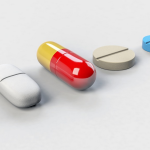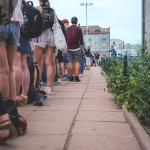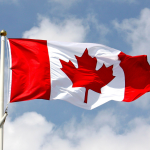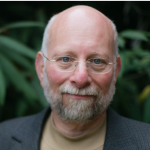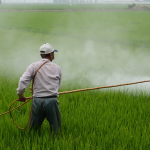Creating super-kids holds an allure – at least to some parents and bioethicists. But there are serious risks, both to the individual child and society. We don’t even have all the information needed to make an informed choice. That hasn’t stopped the technology from being championed.
Policy & Ethics
Ever since Chinese scientist, He Jiankui genetically engineered three children five years ago via the novel CRISPR technology; the debate has raged over the ethics of manipulating our natural (or, if you will, God-given) genetic endowment. Initially, scientists in most countries imposed an absolute moratorium. Their views have loosened of late, especially regarding eradicating disease. Most scientists still oppose trait selection, choosing smarter, better-looking, or a particular gender for our children.
An abundance of caution, we have all heard the phrase. And while there are nuances, its gist is, for this particular situation, we are extra careful. And in what situations does that apply? For the most part, situations in which there is a remote chance of a catastrophic outcome that puts its thumb on the scale when measuring risk and benefit. But like the thumb on the grocery scale, it throws off the enterprising of weighing choices and often has stealth costs of its own.
Throughout the COVID-19 pandemic, much airtime and social media space has been allocated to the lab leak vs. natural spillover dispute regarding the origins of SARS-CoV-2. To summarize briefly, the question is whether the pandemic was caused by a leak from a biosafety level (BSL) four lab in Wuhan, China, or whether it arose naturally as a consequence of a virus jumping from a bat to an animal and then to humans.
When government, politicians, and law enforcement take control of the practice of medicine this is what we get: Cruelty and incompetence. The next time you're given Tylenol for a broken leg or post-surgical pain you'll understand. Drs. Jeffrey Singer and Josh Bloom in USA Today.
For every mainstream article advocating masking or vaccination to prevent or minimize COVID-19, a group or individual is attacking it. The science seems crystal clear – to the proponents on either side. Even more, than advocating for “scientific might,” individuals claim the political right to decide which conduct or treatment they favor under the mantra of “liberty.” But when a disease as contagious as COVID affects more than the individual, some independent arbiter needs to make over-arching public health decisions. Supposedly, that would be the state government – entrenched under the law in time-honored state constitutions. But of late, that bastion seems wobbly.
America is facing a critical shortage of many medically important drugs. The good news? There's a simple solution if we're willing to implement it. The Biden Administration is poised to invest billions of dollars in America's "bioeconomy." Will this really boost the US biotech sector, or just waste valuable resources that should be spent elsewhere?
Prior authorization of drugs, diagnostic testing, or other medical services “is intended to ensure that health care services are medically necessary by requiring providers to obtain approval before a service or other benefit will be covered by a patient’s insurance.” In reality, it is a cost-control measure by insurance companies. It doesn’t mean you can’t get the care, just that you must jump through several hurdles first.
On February 11, Health Canada proposed guidelines for PFAS in drinking water that are 50,000 – 300,000 times higher than our EPA’s Health Advisories. This article will look at this and another significant issue, the EPA’s classification of PFAS as hazardous substances.
Senators Michael Bennet and Susan Collins co-sponsored the bill passed last December to combat the overdose crisis. While the bill had some good features, some will make matters worse. That’s because lawmakers refuse to accept the evidence and still cling to erroneous beliefs about the root causes of the crisis.
Last week the Ninth Circuit Court of Appeals gave the EPA a time-out for bad behavior. In this instance, the EPA determined that glyphosate, the “bad boy” in RoundUp, likely poses no “unreasonable risk” to humans or the environment, yet bollixed up a few steps in their procedures underlying regulatory science. Why do bureaucracies believe they are exempt from the rules, the same rules that they make?
The Texas Two-Step is a law allowing for the creation of a corporation that subsequently files for bankruptcy, thereby allowing product liability claims to move into bankruptcy court. J&J was the latest corporate filer until a federal judge said, not so fast.






